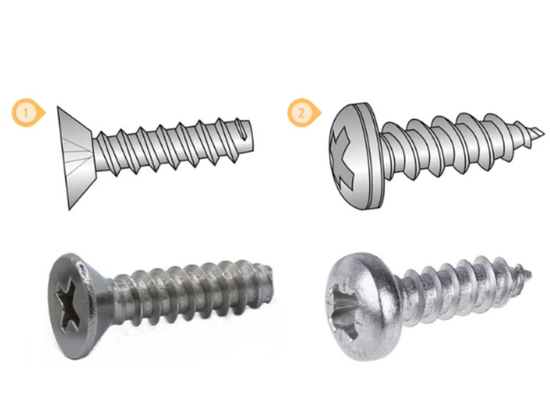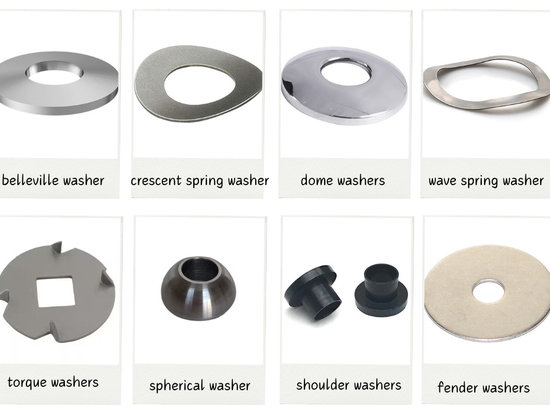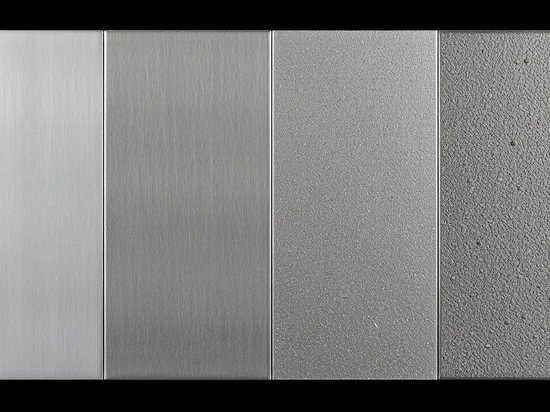
#Industry News
Difference Between Jig and Fixture
Jigs And Fixtures
Jigs and fixtures are important tools in metalworking and manufacturing. New engineers often mix them up, but they have different uses. Let's look at how they differ in function, design, and application.
Function
Jigs: Jigs guide machining tools like drills and tapping tools, making sure they move correctly for precise positioning and angles.
Fixtures: Fixtures hold the workpiece steady during processes like milling, turning, and grinding, keeping it in place throughout the operation.
Design
Jigs: Jigs use components like drill bushings to guide tools. They are usually specialized for specific tasks, which makes them less flexible and more expensive.
Fixtures: Fixtures use various clamping devices like clamps, screws, and hydraulic clamps to secure the workpiece. They are more flexible, allowing them to hold different shapes and sizes of workpieces for various tasks.
Application Scenarios
Jigs:
● Drilling: Guide the drill bit when drilling or reaming holes.
● Tapping: Guide tapping tools for threading operations.
● Complex Path Machining: Guide tools for precise paths.
Fixtures:
● Milling: Hold workpieces on CNC milling machines for stability.
● Turning: Secure cylindrical workpieces on lathes.
● Grinding: Secure workpieces on grinding machines for high-precision surface machining.




